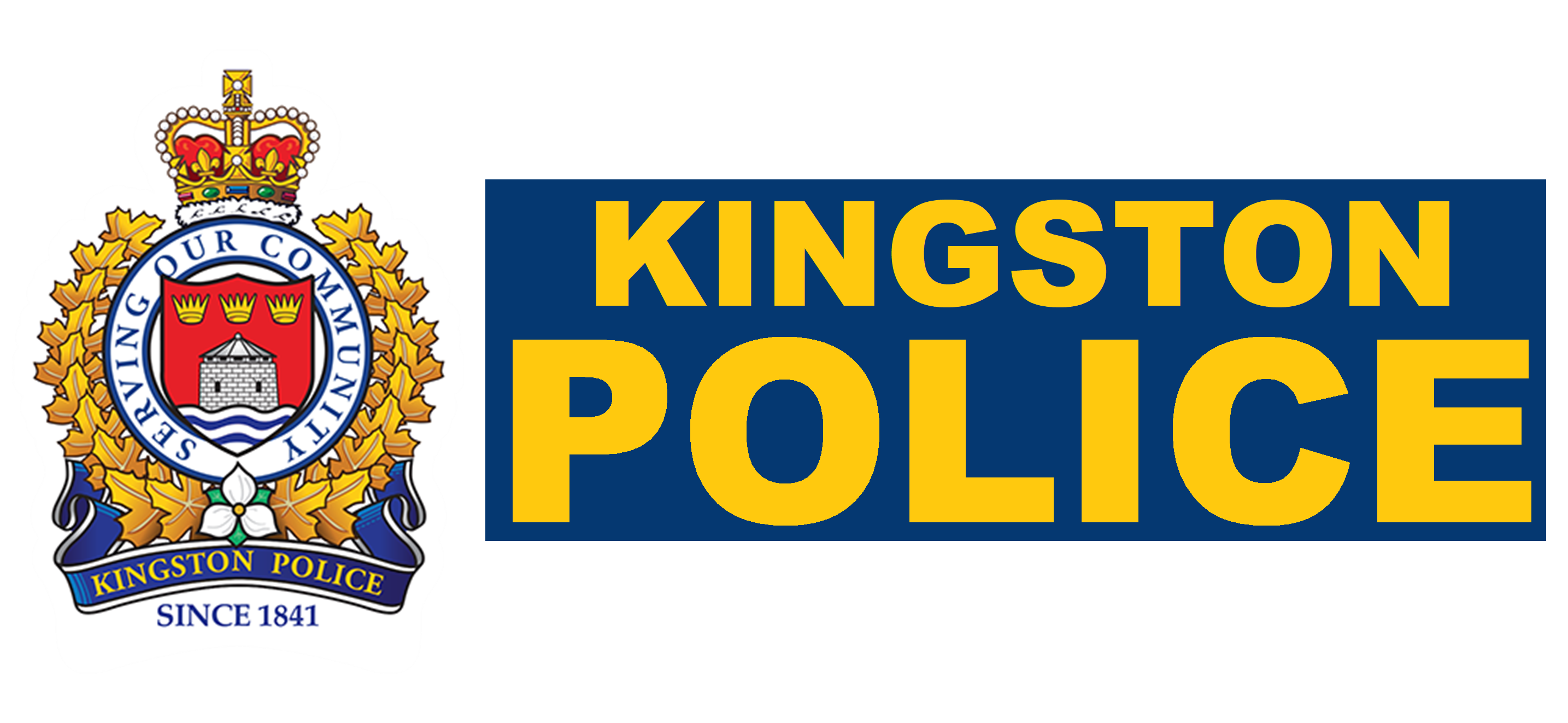- blocking or obstructing a highway (Section 423(1)(g))
- causing a disturbance (Section 175)
- common nuisance (Section 180)
- interfering with transportation facilities (Section 248)
- breach of the peace or imminent breach (Section 31)
- riots (Sections 32, 33, 64, 65, 67, 68, 69)
- unlawful assembly (Section 63)
- mischief (Section 430)
Strikes and Protests
Your rights in a strike, protest, march, or demonstration
The Canadian Charter of Rights and Freedoms guarantees certain rights and fundamental freedoms, including the freedoms of opinion, expression and peaceful assembly.
Section 2 of the Charter states: Everyone has the following fundamental freedoms:
- freedom of conscience and religion
- freedom of thought, belief, opinion and expression, including freedom of the press and other media of communication
- freedom of peaceful assembly; and
- freedom of peaceful association
These rights are not without limits
The Supreme Court has recognized that "freedom of expression does not extend to protect threats of violence or acts of violence. It would not protect the destruction of property, assaults, or other clearly unlawful conduct."
Reasonable limits prescribed by law will also apply. Section 1 of the Charter, which provides for limitations on rights and freedoms, states:
The Canadian Charter of Rights and Freedoms guarantees the rights and freedoms set out in it, subject only to such reasonable limits prescribed by law as can be demonstrably justified in a free and democratic society.
Other Criminal Code sections may also apply in addition to provincial statutes, such as the Highway Traffic Act, the Trespass to Property Act, and municipal by-laws.
Note: To restore order an arrest for Breach of Peace that does not result in a charge may be made under the Criminal Code or the common law. The purpose of a Breach of Peace arrest is to restore order.
Role of the Police
Kingston Police will attend if necessary to ensure that an assembly is lawful and peaceful. Police will take appropriate action if required to prevent or respond to a breach of the peace, or any offences under the Criminal Code, provincial statues, or municipal by-laws.
Labour Disputes
It is the practice of the Kingston Police to refrain from stationing uniformed officers at labour disputes. Union executive officers and picket captains must be aware of their legal obligations and responsibilities of policing the behaviour of their members at labour disputes.
If police are required to attend a labour dispute, they will maintain a neutral presence and limit their involvement to maintaining peace and order, as well as preventing the commission of offences.
The police operate under the premise that a labour dispute is a civil contractual dispute between the parties involved.
Peaceful picketing for the purpose of obtaining or communicating information is lawful. The following guidelines are designed to assist in avoiding breaches of the peace.
- It is legal for a picketer to communicate information peacefully to anyone about to enter or leave picketed premises. However, this does not extend to the use of force, threats, threatening gestures, or blocking access to or egress from the picketed premises.
- There is a legal obligation on any person attempting to drive a vehicle across a picket line to do so in a manner that will not endanger the life or safety of any person.
- Kingston Police officers do not set time limits as to how long picketers may delay vehicles from entering or exiting the premises.
- Where delays at picket lines are occurring, reasonable delay times should be negotiated between labour and management. However, in cases where an agreement cannot be achieved, upon application by any involved party, the Ontario Labour Relations Board or the Supreme Court of Ontario may set times.
- In the interest of public safety and to prevent serious traffic hazards, persons operating vehicles intending to cross a picket line are advised to (or may be directed by a police officer to) make right turns upon entering or exiting strike-bound premises.
- It is the practice of the Kingston Police to refrain from using force to open a picket line; however, this does not preclude this action in emergency situations or any situation deemed appropriate.
- Both management and union are advised that, in a situation tha cannot be resolved through peaceful negotiation, they should seek relief through the appropriate process, i.e., Ontario Labour Relations Board or civil courts.
NOTE
Information herein is not all-inclusive and does not preclude either side in a civil contractual dispute from seeking legal recourse through the Ontario Labour Relations Board or civil courts.

